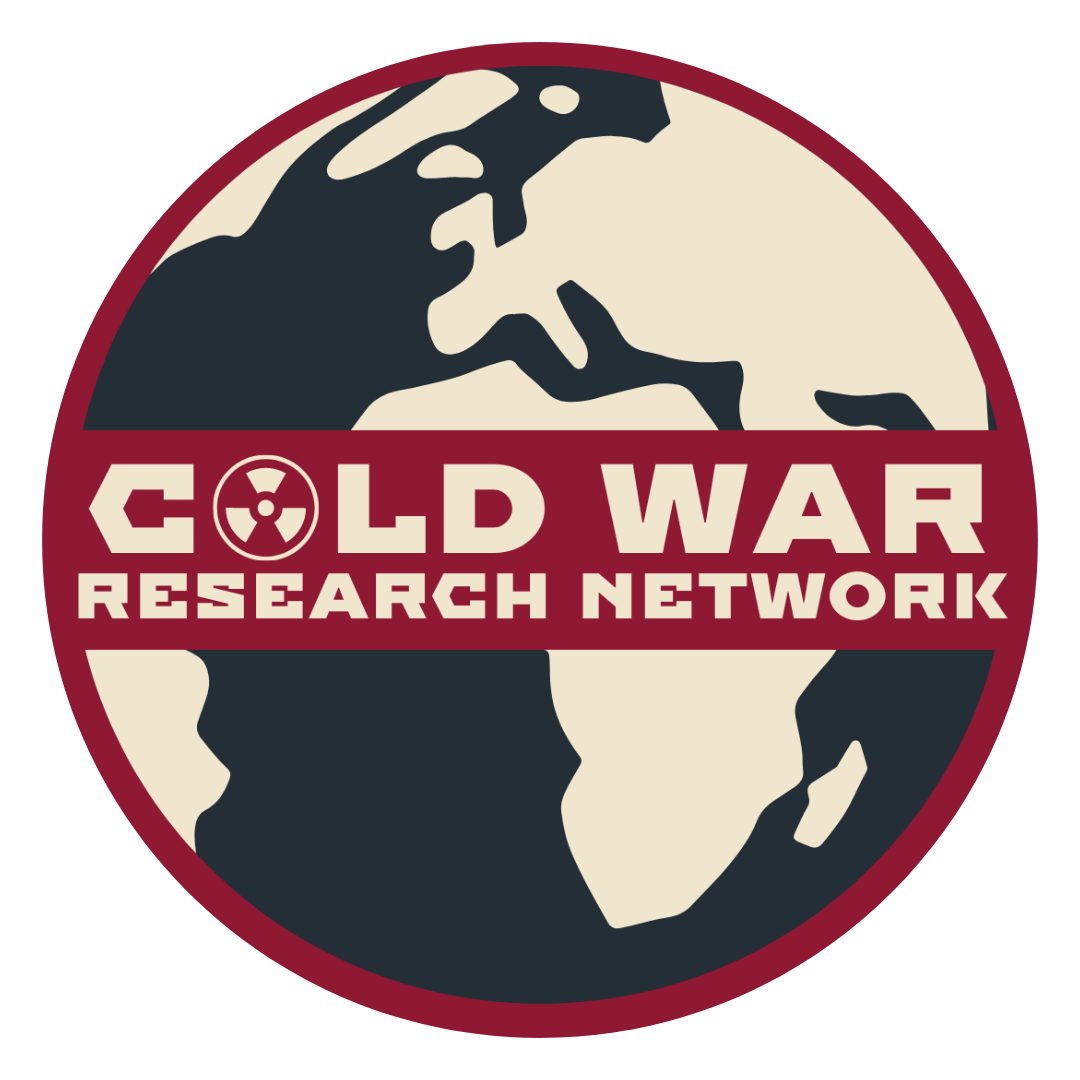Luke Thrumble

PhD Candidate in History of British Foreign Policy (University of Nottingham)
”The most important lesson of the Cold War is that war is not an inevitable consequence of enmity between great powers, and radical change can occur without violence. Though the spectre of nuclear annihilation continues to hang unwelcomely over our heads, its presence has allowed other forms of conflict and competition to take the place of another World War. From the Space Race to the Olympics, economic, scientific, and cultural competition became the most important frontier in great power politics during the Cold War, and we would do well to remember the lesson that both superpowers learned during this period: “soft power” can often achieve greater things than more traditional methods of coercion. Moreover, from the Cold War we learn that political power need not necessarily flow from the barrel of a gun, but from the collective action of ordinary people in extraordinary circumstances. The revolutions which swept Eastern Europe and the Soviet Union in the late eighties and early nineties were not entirely bloodless, but the predicted carnage never materialised, and the product of “people power” was a panoply of new democracies, emerging from beneath the Iron Curtain to become prosperous members of the European Union and NATO. The end of the Cold War reminds us that events can progress from unthinkable to inevitable much quicker than we might expect, and that in the realm of international relations, flexibility is key. ”
Back

